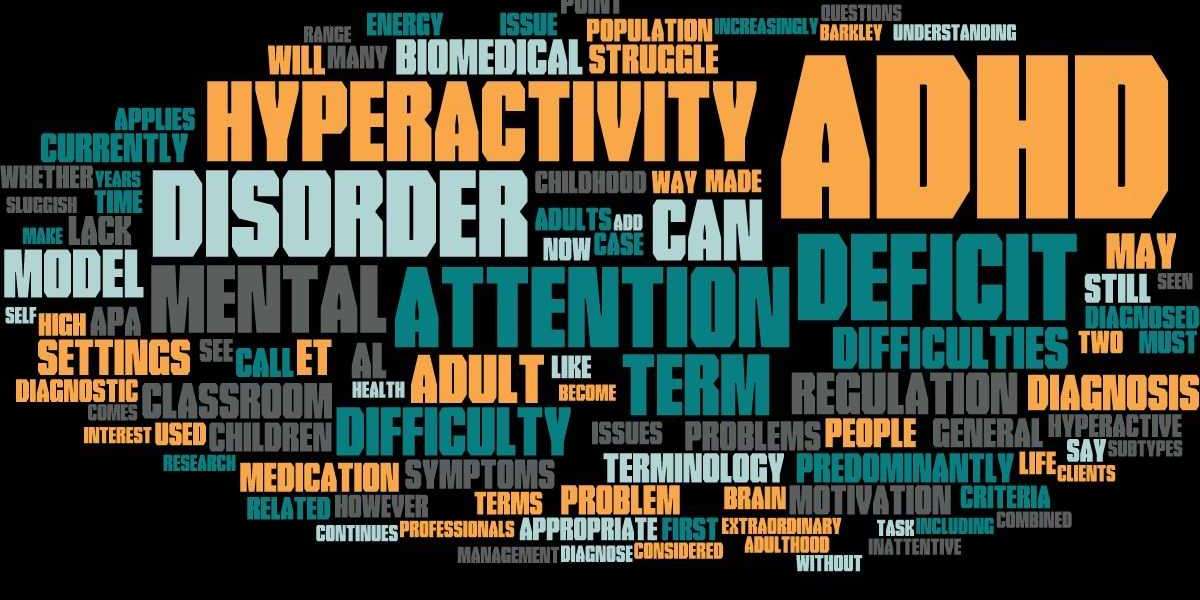To begin with:
ADHD, a neurodevelopmental disorder, is characterized by a range of symptoms such as impulsivity, hyperactivity, and inattention. Attention-deficit/hyperactivity disorder (ADHD) exerts a significant influence on the quality of sleep, in addition to its widely recognized impacts on waking-hour behavior and cognitive functioning. Individuals with ADHD may experience difficulties in initiating sleep, maintaining sleep, and obtaining rejuvenating sleep, which can exacerbate their symptoms throughout the day and impact their overall state of health. Nevertheless, individuals with ADHD can improve the quality of their sleep by employing appropriate strategies and adjustments.
Comprehending the Relationship Between Sleep and ADHD:
Sleep and ADHD have a complicated and reciprocal relationship. On the one hand, people with ADHD may find it difficult to unwind and relax before bedtime due to symptoms including impulsivity, hyperactivity, and racing thoughts. Moreover, poor sleep habits, erratic sleep schedules, and procrastination might result from executive functioning issues, which further disrupts sleep patterns. Conversely, inadequate or substandard sleep can exacerbate symptoms of ADHD, resulting in heightened impulsivity, irritability, and challenges with concentration during the day.
Common ADHD Sleep Problems:
People with ADHD are frequently seen to have a number of sleep-related problems, including:
1. Delayed Sleep Phase Syndrome:
A number of people with ADHD suffer from a delayed sleep-wake phase, which causes them to struggle to wake up in the morning and have trouble going asleep at a time that is socially acceptable. Chronic sleep deprivation and problems with day-to-day functioning may result from this.
2. Restless Sleep:
People who have ADHD frequently have restless sleep, which is characterized by nighttime awakenings, tossing and turning, and disturbed movements. They may not be able to get to deep, healing sleep stages as a result.
3. Sleep Disordered Breathing:
Research indicates that people with ADHD are more likely to experience sleep disorders of breathing, such as obstructive sleep apnea. These breathing disturbances in the middle of the night might cause further sleep fragmentation, daytime drowsiness, and cognitive decline.
4. Insomnia:
People with ADHD frequently complain about having trouble falling or staying asleep. It might be difficult to calm the mind and relax enough to fall asleep or wake up during the night due to racing thoughts, anxieties, and hyperarousal.
Techniques for Enhancing ADHD Patients' Sleep Quality:
1. Create a Regular Sleep Schedule:
- Even on weekends, adhere to a regular bedtime and wake-up time. Gradually, consistency leads to improved sleep quality and allows the body's internal clock to stabilize.
2. Establish a Calm Nighttime Routine:
- Before going to bed, read a book, listen to relaxing music, or practice relaxation methods like progressive muscle relaxation or deep breathing.
- At least one hour before going to bed, refrain from engaging in mentally taxing activities like screen time or strenuous exercise.
3. Optimize Sleep Environment:
- Keep the bedroom quiet, dark, and cold to create a comfortable sleeping environment.
- Make an investment in pillows and a comfy mattress to encourage sound sleep.
- To reduce distracting noise, think about utilizing earplugs or white noise machines.
4. Minimize Electronics and Stimulants:
Steer clear of caffeine and other stimulants in the afternoon and evening since they may disrupt your sleep.
Minimize screen time before bed since blue light from electronics might interfere with the body's normal circadian rhythm.
5. Exercise Frequently:
Those with ADHD may find that regular exercise during the day helps to regulate their mood and enhance the quality of their sleep.
- On most days of the week, try to get in at least 30 minutes of moderate-intensity activity; however, stay away from intense exercise right before bed.
6. Insomnia Cognitive Behavioral Therapy (CBT-I):
- Think about obtaining CBT-I, a systematic therapy method that has been shown successful in treating insomnia.
- CBT-I assists people in recognizing and combating harmful ideas and actions that lead to sleep problems, as well as substituting them with more healthful sleep-related routines and convictions.
7. Address Underlying Sleep Disorders:
- See a healthcare provider to rule out underlying sleep disorders such as sleep apnea or restless legs syndrome if sleep difficulties continue after making lifestyle modifications. Getting treatment for these issues can greatly enhance general wellbeing and the quality of sleep.
8. drug Management:
Consult a medical professional to learn about drug alternatives that can help with ADHD symptoms and enhance sleep.
Those with ADHD who have trouble sleeping might benefit more from non-stimulant drugs like atomoxetine or alpha-2 agonists.
In conclusion:
Getting enough sleep is critical for maintaining general health and wellbeing, particularly for those with ADHD who may already struggle with emotional regulation, impulse control, and focus. People with ADHD can benefit from improved sleep quality and improved daily functioning by putting increased sleep hygiene methods into practice, creating a regular bedtime routine, and treating any underlying sleep issues. It's critical to take a comprehensive approach to sleep management, taking into account individualized behavioral and medicinal approaches. People with ADHD are able to get the restorative sleep they require in order to flourish if they are persistent, patient, and receive assistance from healthcare specialists.



